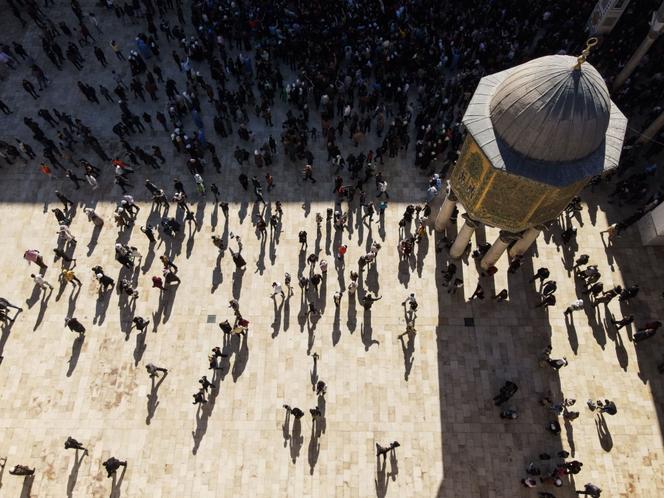


Intelligence agencies hate uncertainty, even when it stems from good news. Bashar al-Assad's regime of terror in Syria has scarcely fallen, yet they are already expressing concerns about the territory becoming a jihadist sanctuary once again. These concerns have been conveyed in briefing notes shared, among others, with the French Foreign Ministry, which Le Monde has been able to access.
While France's General Directorate of External Security (DGSE) and the General Directorate of Internal Security (DGSI) believe there is no immediate risk of Islamist commandos being deployed on European soil, this regional upheaval could enable the Islamic State to rebuild its forces and resources, as well as allow rival jihadist groups to gain prominence.
As early as December 5, the Islamic State in Syria (IS-S) issued a statement condemning Ahmed al-Sharaa (known by his nom de guerre Abu Mohammed al-Jolani) and his armed Islamist group, Hayat Tahrir al-Sham (HTS, Levant Liberation Organization), which ended Bashar al-Assad's rule. Calling HTS's victory an "unholy revolution incapable of establishing Sharia law," the IS-S pointed out that it considers al-Sharaa, the founder of the Al-Nusra Front (the former Syrian branch of Al-Qaeda that broke away and renounced global jihad), as an enemy who should fear for his life.
You have 78.55% of this article left to read. The rest is for subscribers only.
